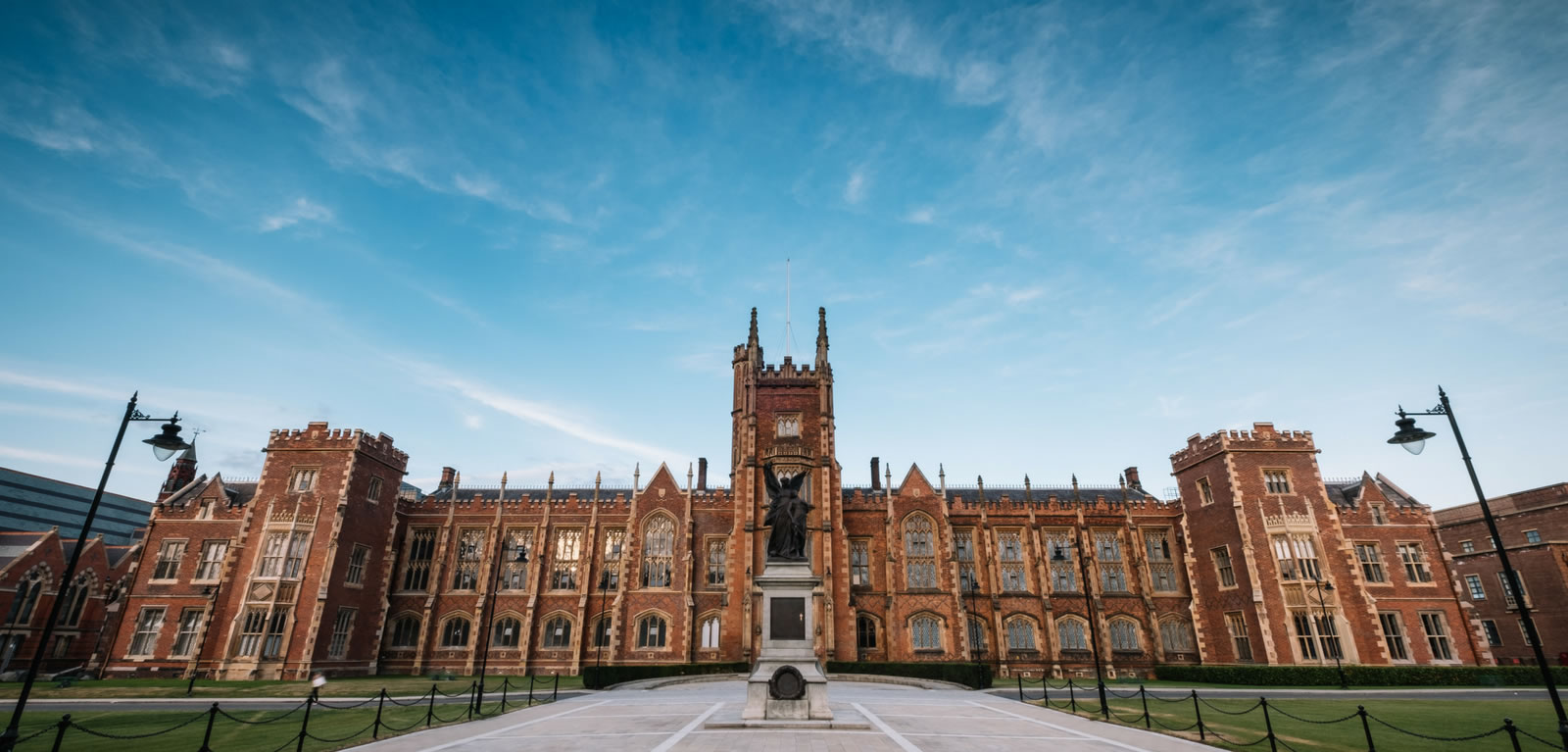Landmark study finds Covid-19 measures leading to severe mental health crisis in prisons
1 in 3 prisoners show symptoms of “severe anxiety disorder” indicating high levels of post-traumatic stress.

A new report ‘Coping with Covid in Prisons’ launched today (21 July) has found Covid-response measures led to periods of prolonged solitary confinement across the prison population, resulting in dramatically increased levels of anxiety and depression.
The study, funded by the Economic and Social Research Council, was a partnership between the ex-offender led charity User Voice and social scientists at Queen’s University Belfast.
One of the most comprehensive studies of life in prison during the pandemic, and completed internationally, the project drew on an innovative peer-led methodology, developed by User Voice. Nearly 100 serving prisoners were trained in research methods to survey their peers. Over the 18-month project, these volunteers completed over 1,400 surveys with fellow prisoners across 11 prisons.
The peer-led study found that prolonged isolation and the simultaneous reduction in support services resulted in widespread deterioration of mental health and the erosion of the rehabilitative function of imprisonment.
Key findings:
· 85% of prisoners surveyed were confined to cells for 23 hours for the majority of the lockdown period.
· 59% of prisoners surveyed had not had a single visit with family during the Covid lockdown.
· Standard screening tools suggest depression and anxiety scores are almost five times higher than the standard for the general population.
· More than one out of three prisoners were scoring at the level of “severe anxiety disorder” indicating high levels of post-traumatic stress.
· Two thirds of survey respondents said that access to mental health support had worsened, instead of improving, during the lockdown.
· One out of five respondents thought that violence had reduced in the prisons because of the lockdown.
User Voice’s Founder and CEO Mark Johnson MBE said: “When almost no one was able to get into prisons, we were able to conduct one of the largest studies of prisoner experiences. This research has been led by prisoners, using our innovative approach developed over the past 15 years and now validated by academics.
“The report reveals one of the darkest and most hidden results of the pandemic, the true effects of extreme lockdown and confinement on prisoners and ultimately, on the public. It shows that we need to talk about criminal justice. Are prisons just for punishment or are they failing prisoners and the public if they don’t offer the support which leads to rehabilitation?”
Professor Shadd Maruna, Professor of Criminology at Queen’s University Belfast, explains: “Prisons were in crisis before the pandemic, and remarkably some voices have claimed that life in prison has actually improved because of the Covid lockdown.
“Our research definitively demonstrates that the social climate in prison has become dramatically worse after the lockdown, and a great deal of work is going to be needed to restore a sense of trust and legitimacy among the incarcerated. Peer-led models, like the kind that drove this research project, have the potential to do just that if implemented correctly.”
Media
Media inquiries to Sian Devlin at s.devlin@qub.ac.uk